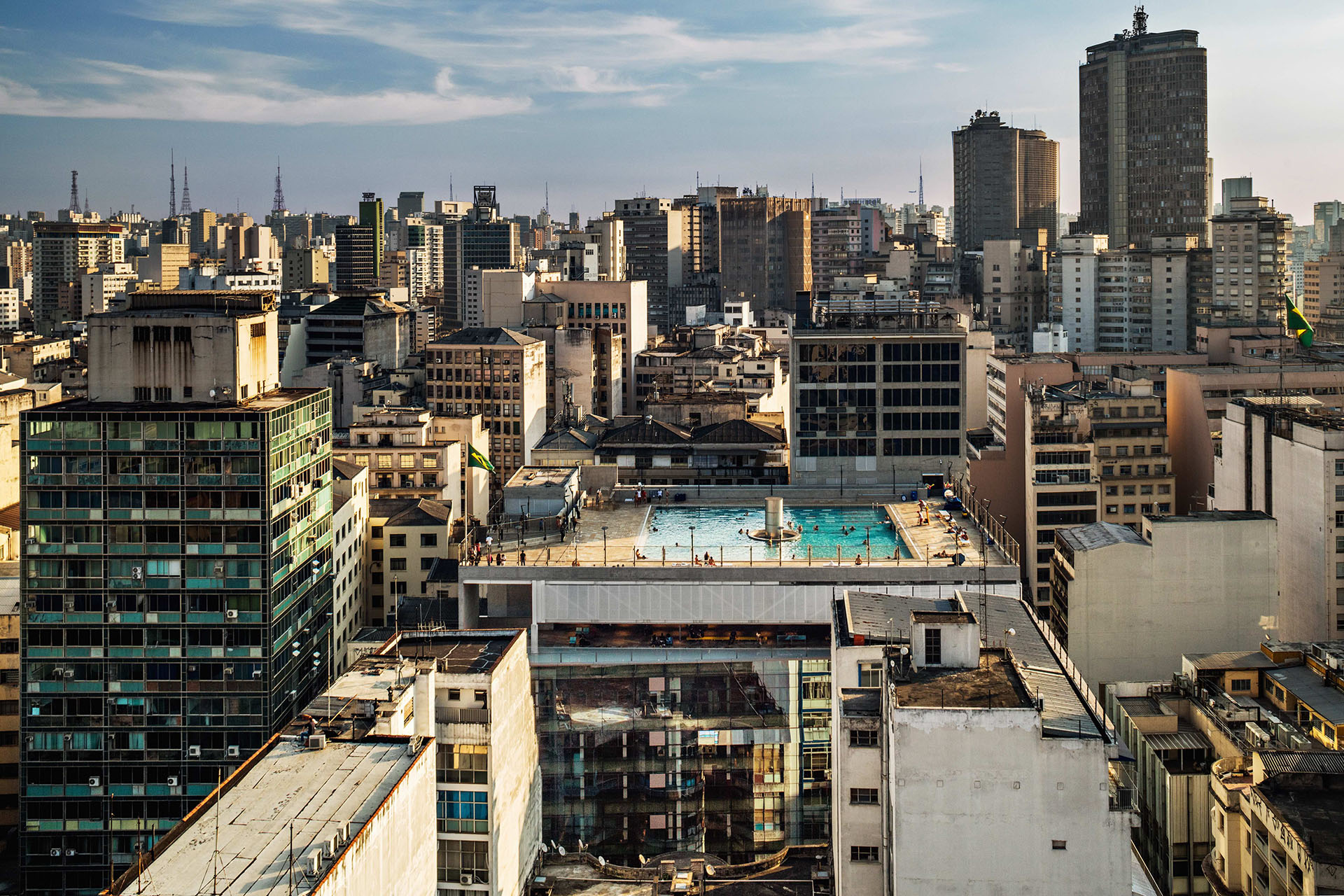Architecture and Public Building
The Public Building Group investigates the future of public buildings and their role in the built environment, by envisioning new spatial formulas, programmatic articulations, structural and material expressions. In implementing design solutions that can enhance quality of life and act as catalysts for our cities, the Public Building Group questions existing typologies as well as explores their evolution in new architectural manifestations via hybridity, density and multiplicity.

Focus and Approach
In an era in which mono-functional architecture is disappearing, the Public Building Group examines the interaction among different domains – the cultural and the commercial, the individual and the collective, the private and the communal – in order to fulfil the ever-growing demand for public functions. This translates in a wide range of spatial possibilities that the students will test in their projects at Public Building: hybrid structures, urban interiors, social condensers, adaptive prototypes.
In facing the intertwined relationship between economic, cultural and formal aspects, Public Building investigates multiplicity as a property of buildings in order to make them less singular in function, more productive, more transformative and more resilient.
Multiplicity is investigated and pursued through a method called research-by-design. This focuses on design work as a special form of research. It considers theory and praxis, analysis and imagination as inseparable and as a medium to help conceive and develop architectural ideation. Research is not only about preparation, description, and explanation, but also more importantly about projection and speculation. Research is a form of design, and design a form of research.
Programme
The didactic offer of Public Building consists of both Design Studios and seminars.
The MSc1 Studio serves as an introduction to contemporary public buildings: it investigates how new typologies can manifest themselves through density, hybridity and multiplicity.
Programme MSc 1 fall semester 2024 (pdf)
The MSc2 Studio, on the contrary, has a highly experimental character, fully informed by the research-by-design approach. It focuses on the role played by public architecture in urban contexts – especially European capital cities – and aims to develop sustainable, inclusive and multi-layered design proposals. Within this framework is the MSc2 Studio High-Rise Culture, a collaboration between the groups of Public Building, Dwelling and Form Studies, under the umbrella of the Form, Space and Type section.
Programme MSc 2 spring semester 2025 (pdf)
Programme MSc 2 studio High-Rise Culture spring semester 2025 (pdf)
The MSc 3/4 Graduation Studio aims to produce future-proof designs and investigates the possibilities of design thinking in a world where the definition of what an architect is and does, ceaselessly shifts. Each year, the studio focuses on a specific topic of significant relevance, and takes place in a metropolitan north-western European context. Recent examples of the Graduation Studio comprise the design of Museums in Rotterdam South, Music Marvels in The Hague, Binckhorst, and Public Condensers in Berlin, Friedrichshain.
Programme MSc 3 fall semester 2024 (pdf)
The curriculum of the Public Building Group is complemented by two seminars which explore the topics developed in the different Studios by other means – mostly through analysis and digital exploration.
Staff
Prof. ir. Nathalie de Vries, ir. Paul Kuitenbrouwer, ir. Sien van Dam, Dr. Sang Lee, Henk Bultstra, Stefan Witteman, Dr. Stefano Corbo, Endy Prasetyo
Additional information
Additional information about the projects and student work can be found here.
For detailed course descriptions, please visit the study guide:
MSc 1 (only in fall semester)
MSc 2* (only in spring semester)
MSc 3 (only in fall semester)
* The MSc2 semester of the Architecture track consists of a 5 EC compulsory course and 10 EC of track-specific Architecture electives in the third quarter, followed by a 15 EC (intra)disciplinary elective in the fourth quarter, which can be an intensive architectural research and design project or an intradisciplinary elective in which you are challenged to work together with students from other tracks on overarching themes.